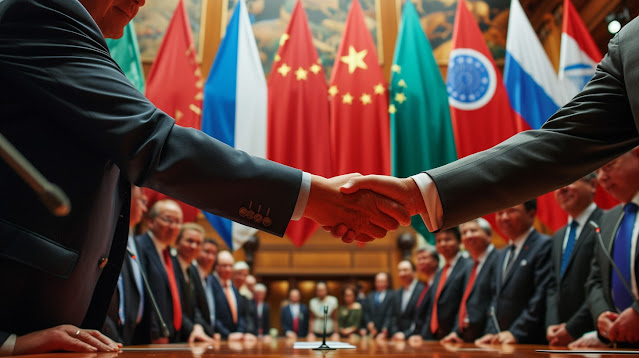Submit Review: The Controversy Surrounding the Use of Drones in Surveillance
The Controversy Surrounding the Use of Drones in Surveillance and Warfare: Ethical Implications and Solutions
Understanding Drone Technology
Drones: Unmanned aerial vehicles (UAVs) that can be remotely controlled or autonomously programmed. They are used for various purposes, including military operations, surveillance, and commercial applications.
Military Drones: Primarily used for reconnaissance, targeted strikes, and intelligence gathering. They provide significant advantages in terms of precision, cost-efficiency, and risk reduction for military personnel.
Surveillance Drones: Deployed for monitoring and data collection, often by law enforcement and intelligence agencies. They are used in border control, disaster management, and crime prevention.
Ethical and Legal Implications
Targeted Killings and Civilian Casualties
One of the most contentious issues is the use of drones for targeted killings. While drones offer precision, there have been numerous instances of civilian casualties, raising ethical and moral questions.
- Case Study: Pakistan and Yemen - U.S. drone strikes in Pakistan and Yemen have resulted in significant civilian casualties, sparking outrage and anti-American sentiment in these regions.
- Privacy and Surveillance
Surveillance drones raise significant privacy concerns. The potential for mass surveillance and the collection of personal data without consent pose threats to civil liberties and individual privacy.
- Case Study: Domestic Surveillance in the U.S. - The use of drones by law enforcement agencies in the U.S. for domestic surveillance has led to debates over the balance between security and privacy.
Legal and Regulatory Challenges
The legal framework governing drone use is often unclear or inadequate. There are challenges in defining the legality of cross-border drone strikes, as well as the regulation of domestic surveillance.
- International Law: There is ongoing debate over the applicability of international law to drone strikes, particularly in terms of sovereignty and the use of force.
- Impact on Warfare and Surveillance
Changing Nature of Warfare
Drones have transformed modern warfare, allowing for remote operations and reducing the risk to military personnel. However, this shift has also led to a more impersonal form of combat, potentially lowering the threshold for the use of force.
- Case Study: Libya and Syria - Drone strikes have played a significant role in military operations in Libya and Syria, demonstrating both the strategic advantages and ethical dilemmas of drone warfare.
Enhanced Surveillance Capabilities
Surveillance drones offer unparalleled monitoring capabilities, aiding in crime prevention, disaster management, and border control. However, the potential for abuse and overreach remains a significant concern.
- Case Study: Border Surveillance - Drones are extensively used for border surveillance to monitor illegal crossings and smuggling activities, highlighting their effectiveness and the accompanying privacy issues.
Proposed Solutions to Address the Controversy
Establishing Clear Legal Frameworks
Developing comprehensive legal frameworks to regulate the use of drones in warfare and surveillance is crucial. This includes defining the legality of drone strikes, establishing accountability mechanisms, and protecting privacy rights.
- Initiative: International Drone Regulation Treaty - An international treaty regulating the use of drones could help address legal ambiguities and ensure compliance with international law.
Enhancing Transparency and Accountability
Governments and military agencies should increase transparency regarding drone operations. This includes public reporting of drone strikes, civilian casualties, and the criteria for targeting decisions.
- Initiative: Independent Oversight Bodies - Establishing independent oversight bodies to monitor and review drone operations can enhance accountability and public trust.
- Protecting Privacy and Civil Liberties
Implementing strict regulations to protect privacy and civil liberties in the context of drone surveillance is essential. This includes limitations on data collection, storage, and use, as well as clear guidelines for law enforcement agencies.
- Initiative: Privacy Protection Legislation - Enacting robust privacy protection laws that specifically address the use of surveillance drones can help safeguard individual rights.
Promoting Ethical Use of Drone Technology
Encouraging the ethical use of drone technology involves setting standards and best practices for military and surveillance operations. This includes training operators on ethical considerations and promoting non-lethal uses of drones.
- Initiative: Ethical Drone Use Guidelines - Developing and disseminating guidelines for the ethical use of drones can help ensure that their deployment aligns with humanitarian principles.
Conclusion
The controversy surrounding the use of drones in warfare and surveillance is complex and multifaceted, involving ethical, legal, and security considerations. By establishing clear legal frameworks, enhancing transparency, protecting privacy, and promoting ethical use, the global community can address these challenges and harness the benefits of drone technology in a responsible manner.













Comments
Post a Comment